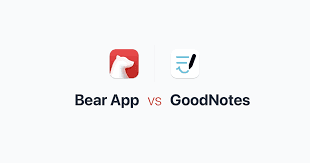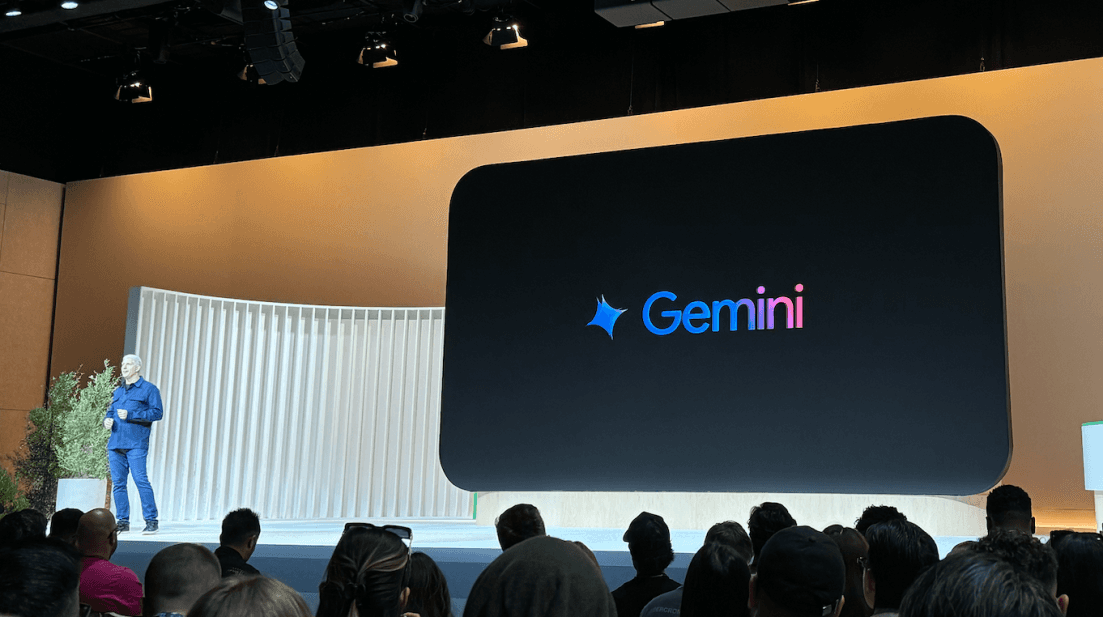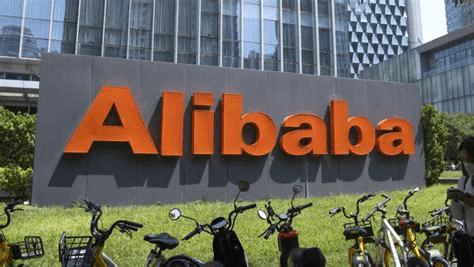Timon Harz
December 20, 2024
Tech Farewell 2024: The Innovations and Gadgets That Disappeared
From good riddance to goodnight, sweet prince.
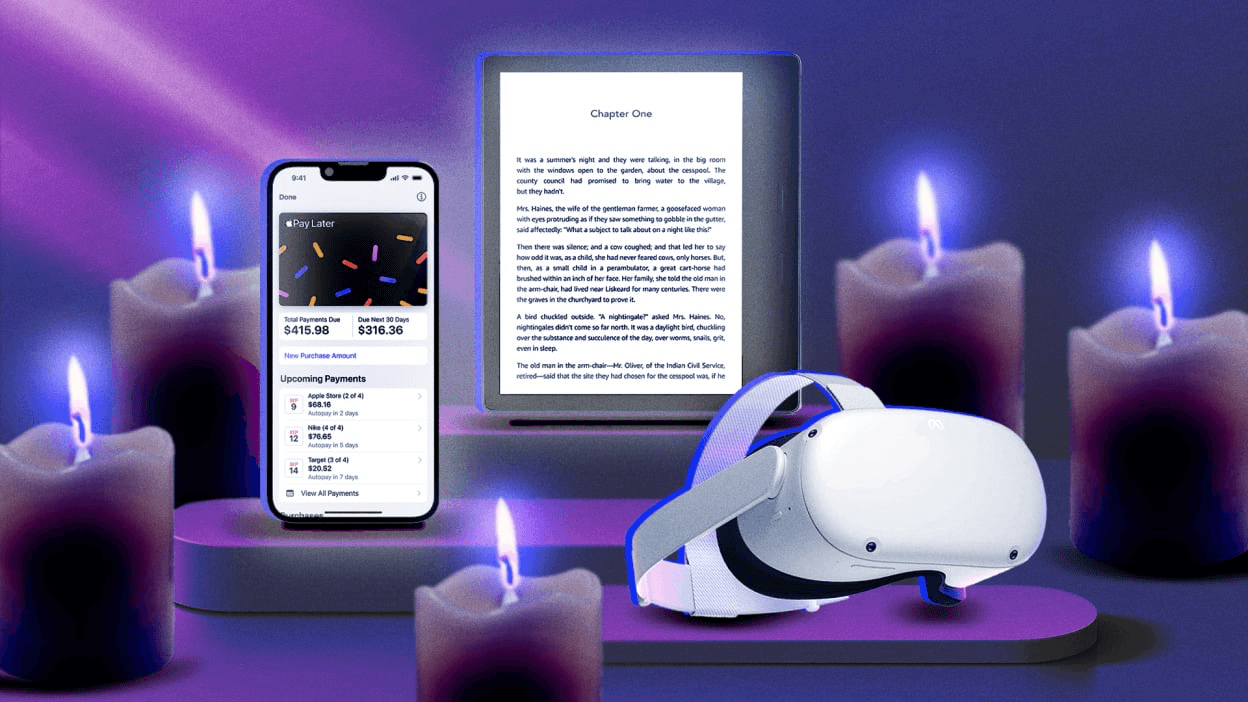
As 2024 comes to an end, it's time to reflect on the tech that won't be moving forward with us into 2025. Over time, once-cutting-edge innovations lose their relevance, becoming obsolete. Some products met their end early as companies shifted focus toward more profitable ventures. Meanwhile, the generative AI boom continues unabated, showcasing both the potential and the pitfalls of emerging technology. This year's AI advancements revealed the ongoing struggle to discover truly transformative use cases—offering minor productivity boosts at best and frustrating inaccuracies at worst.
Some AI gadgets, like the Humane AI Pin and the Rabbit R1, failed to deliver even basic reliability, let alone anything groundbreaking. Yet, they won’t make this list—they’re technically still around, though just barely hanging on. Instead, we’re spotlighting the most notable tech farewells of the year, reflecting on their legacies, whether impactful, fleeting, or outright puzzling (looking at you, Meta).
Google Jamboard and Google Podcasts
No tech obituary would be complete without Google making an appearance. Known for launching ambitious projects only to axe them a few years later, Google had its share of casualties in 2024, including Jamboard and Google Podcasts.
Google Jamboard, a collaborative whiteboard device and app for Google Workspace users, aimed to make teamwork feel more like play. Launched in 2016, it was described by Mashable as a tool that “makes collaborative work feel like playtime.” However, in September 2023, Google announced plans to phase out Jamboard by the end of 2024. In its place, Google is integrating Workspace with third-party platforms like FigJam by Figma, Lucidspark by Lucid Software, and the visual workspace Miro for enhanced whiteboarding capabilities.
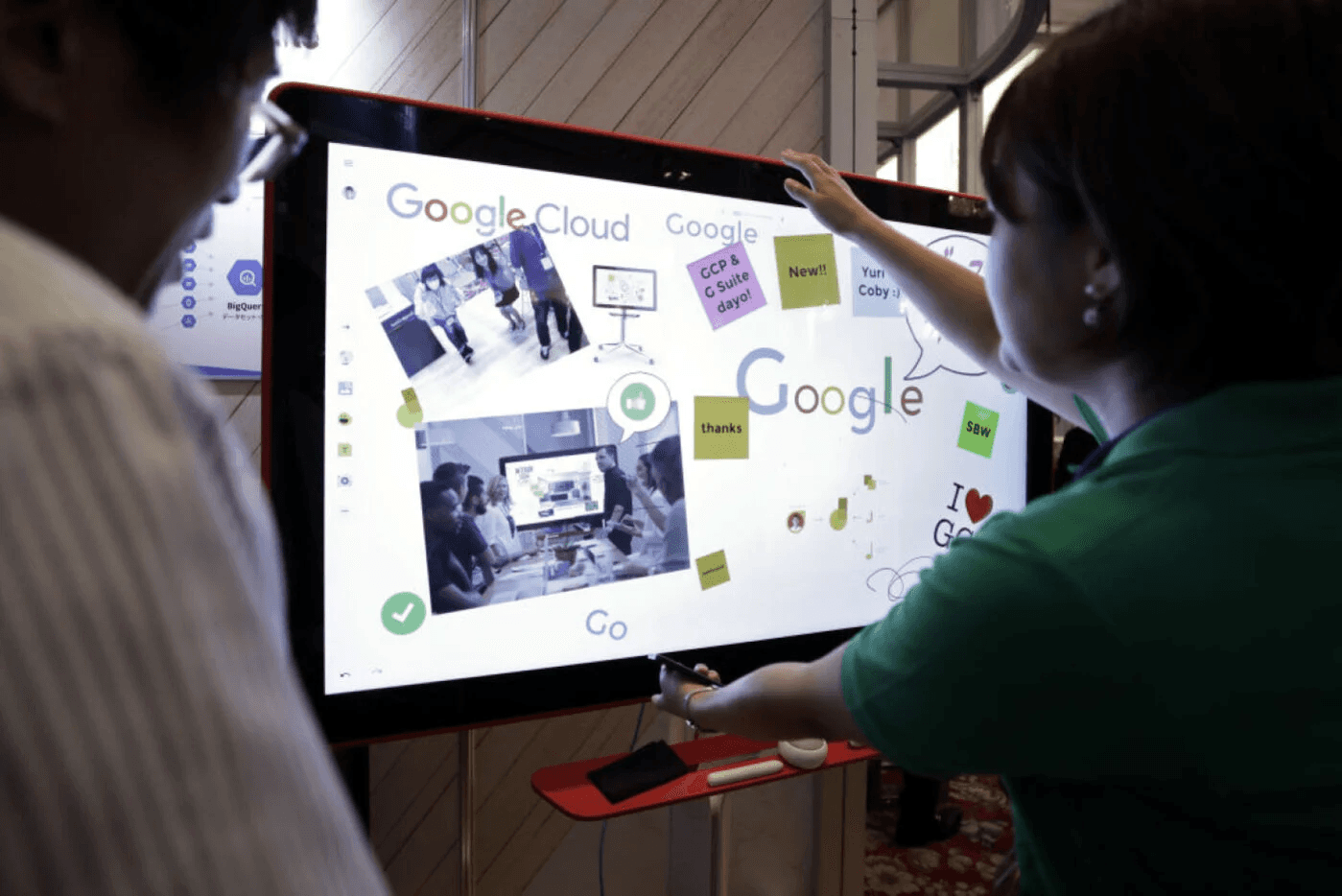
It’s usually not polite to speak ill of the departed, but the decision to shut down Google Podcasts does make sense. This year, Google announced it would retire the standalone podcast-hosting app, redirecting listeners to YouTube Music instead.
The move aligns with how people consume podcasts today. “According to Edison, about 23% of weekly podcast users in the US say YouTube is their most frequently used service, compared to just 4% for Google Podcasts,” Google explained in its announcement. Plus, steering users to YouTube Music increases ad impressions and encourages subscriptions to the premium version, priced at $11 per month.
And that’s just one of the many services Google laid to rest in 2024. This year also saw the demise of Chromecast, VPN by Google One, DropCam, and Keen. For those who wish to honor the fallen, a visit to the Google Graveyard is in order.
Meta AI celebrity avatars
Once again, Meta delivered another example of tech that no one seemed to ask for. This year’s head-scratcher was a collection of AI personas modeled after celebrities—but not actually AI versions of those celebrities. Instead, we got Kendall Jenner as your AI “bestie,” Tom Brady as a virtual fitness coach, and, perhaps most bewilderingly, Snoop Dogg as a Dungeon Master for Dungeons & Dragons.
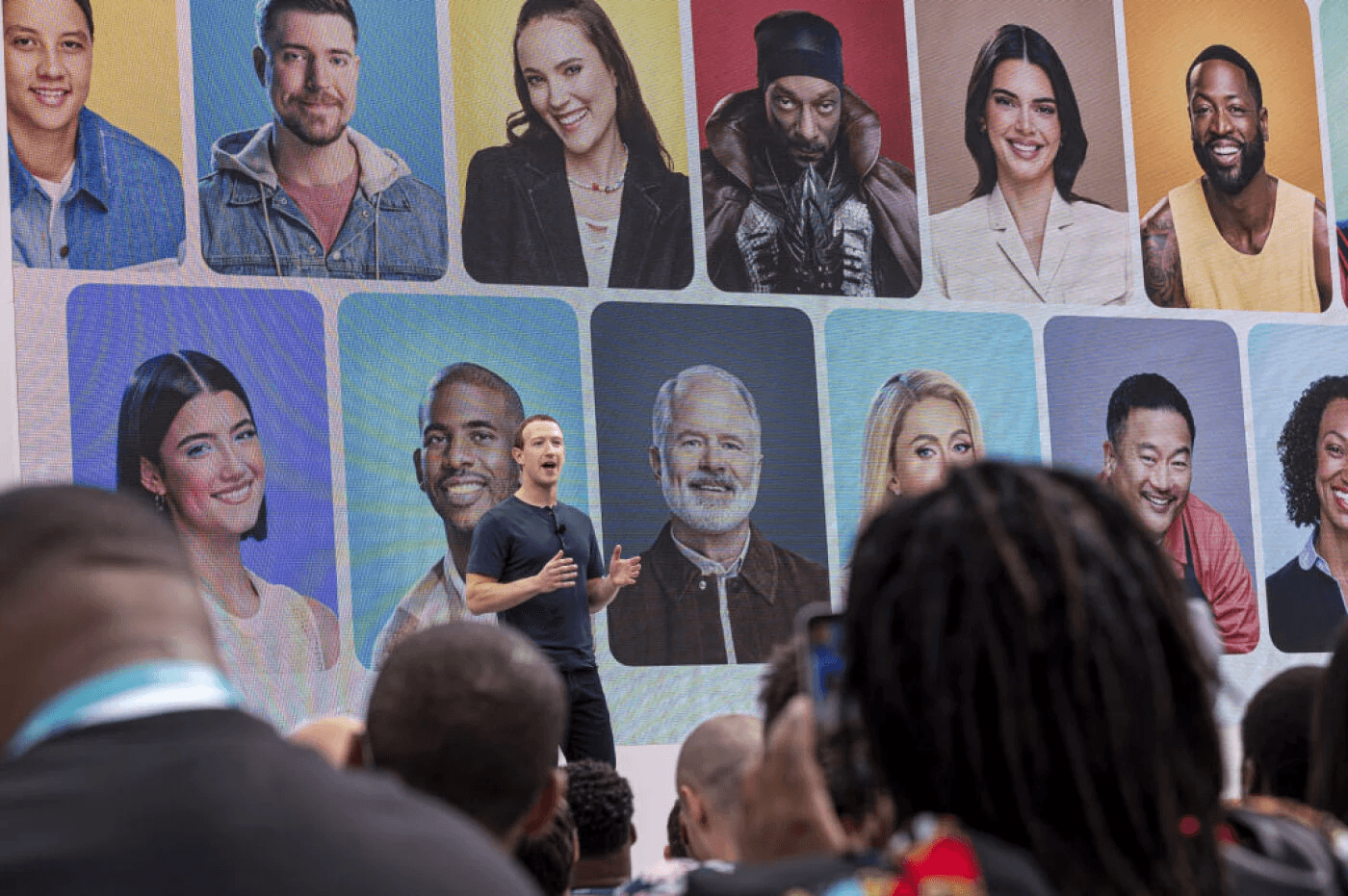
Despite reportedly spending millions to license the likenesses of various celebrities, Meta’s investment failed to deliver results. After debuting the AI personas at Meta Connect in September 2023, the company pulled the plug on the feature in August 2024. While no official explanation was provided, it was clear the AI personas struggled to gain traction, as evidenced by their lackluster follower counts.
So, no more chatting with a bot featuring Kendall Jenner’s profile picture and a vaguely influencer-esque vibe. But don’t fret—Meta’s celebrity voices are still around, at least offering some degree of authenticity (as much as AI can, anyway). As always, we’re left scratching our heads at Meta’s strategic direction.
Meta Quest 2 and Quest Pro
It’s a natural part of the tech lifecycle for older models to be replaced by newer, better versions. However, saying goodbye to the Meta Quest 2 and Quest Pro VR headsets was a bittersweet farewell. In their place, Meta launched the Quest 3S, which blends the best features of the Quest 2 and Quest Pro, like full-color passthrough and XR capabilities, effectively making the older devices obsolete. Mashable Tech Reporter Alex Perry captured the sentiment perfectly in a poignant tribute:
While the Quest 2 wasn't the first VR headset to work without a powerful gaming PC (obviously, there was a Quest 1), its sub-$500 price tag (which included controllers) at launch in 2019 made it an incredibly appealing option for the VR-curious.
For many, the Quest 2 may have provided their first VR experience. The Quest Pro never seemed to catch on quite as much, most likely due to its $1,499 price tag, but its full-color passthrough and AR features felt ahead of their time.
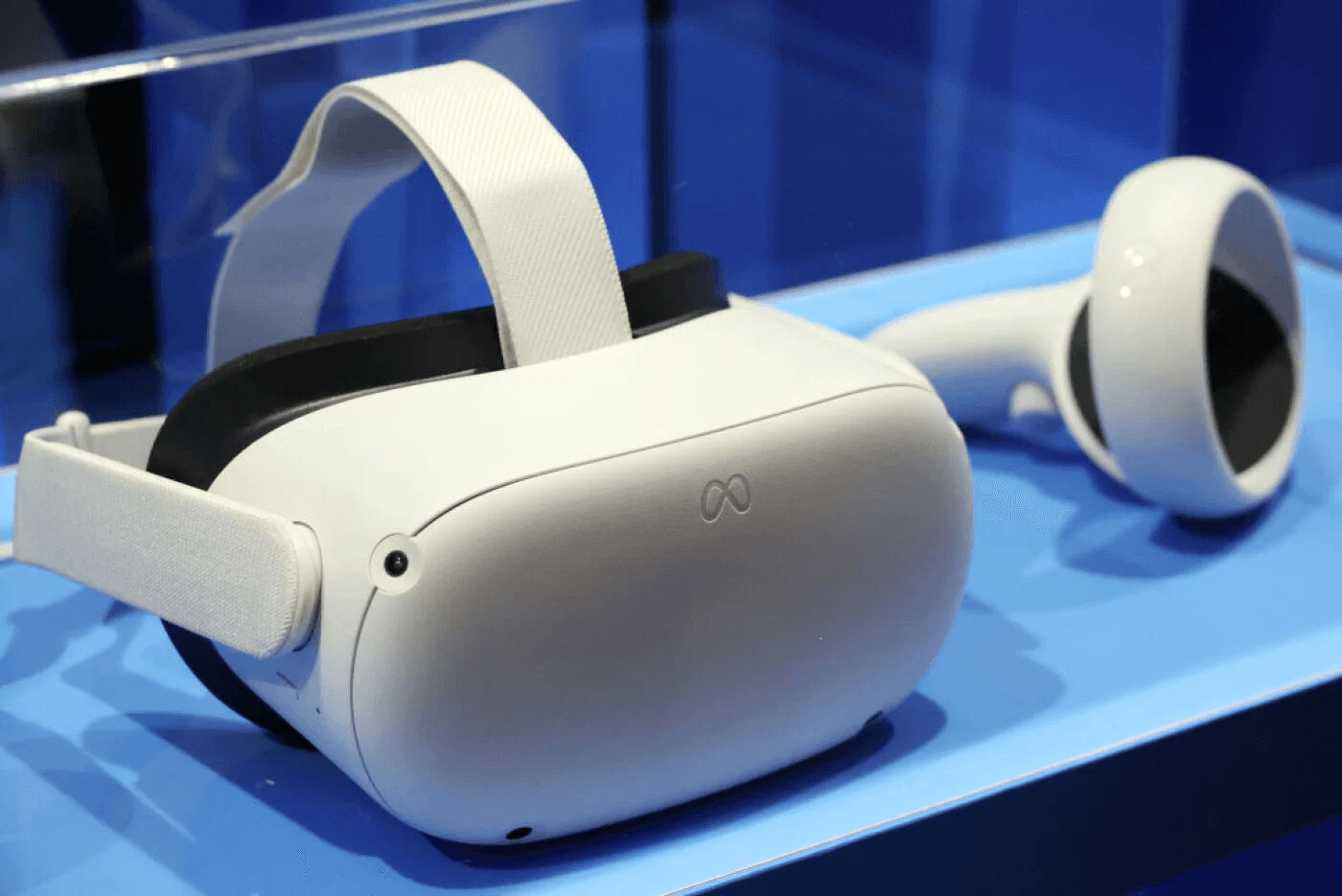
Ah, such is the nature of the tech world. While the Quest 2 and Quest Pro may have been replaced, they will be remembered for making VR headsets accessible to the masses—something the Apple Vision Pro has yet to achieve.
Kindle Oasis
The Kindle Oasis had a long and respectable run in the world of e-readers. Launched by Amazon in 2016, it featured a unique design with a thicker edge on one side that housed physical buttons for turning pages. This design made it easier for users to hold the device without accidentally touching the screen, and the buttons offered a satisfying tactile experience. However, by 2024, the Oasis had become the last Kindle model to feature physical buttons, which often signals the end for gadgets in the tech world. In October, Amazon confirmed to The Verge, "Once current inventory of Kindle Oasis sells out online and in stores, we will not restock the device. Today, all of our devices are touch-forward, which is what our customers are comfortable with."
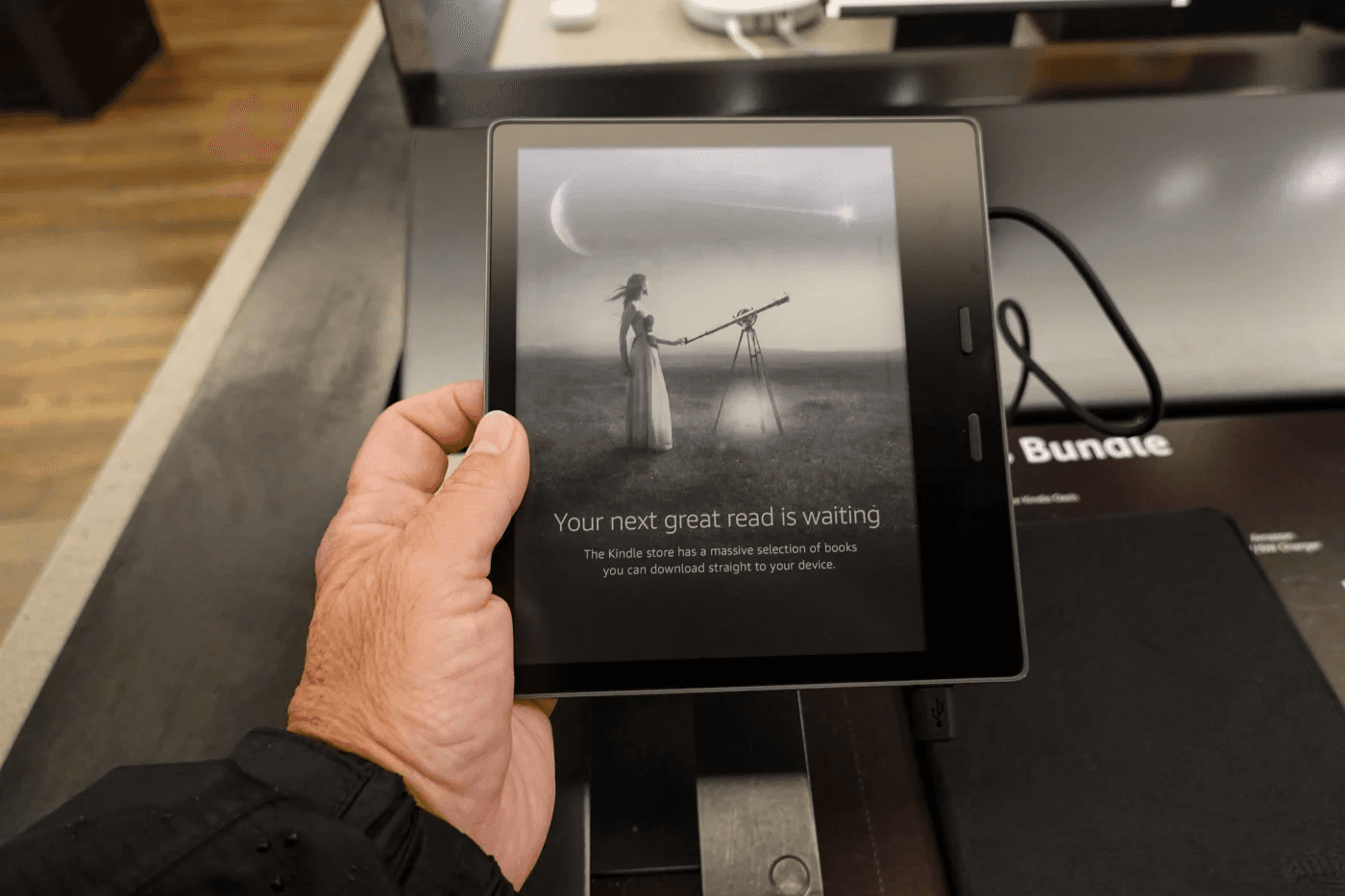
Kindle Oasis users expressed their sorrow on Reddit, reminiscing about the beloved page-turn buttons. "I bought my Oasis when it was released just for the page-turn buttons and can't imagine using it without them," shared one user. "I won’t buy another Kindle without those buttons. It’s a dealbreaker for me," another user chimed in. But for Amazon, it’s a final farewell to buttons, and a new era dominated by touch screens.
Jabra Elite Earbuds
This was the year Jabra was overtaken by the fierce competition in the earbud market. In June, Jabra’s parent company, GN, announced plans to "wind down its Elite and Talk product lines." Jabra’s Elite wireless earbuds had earned consistent praise for their sound quality, ease of use, and features like noise cancellation. Plus, they were a more budget-friendly option compared to premium earbuds from brands like Apple and Bose.
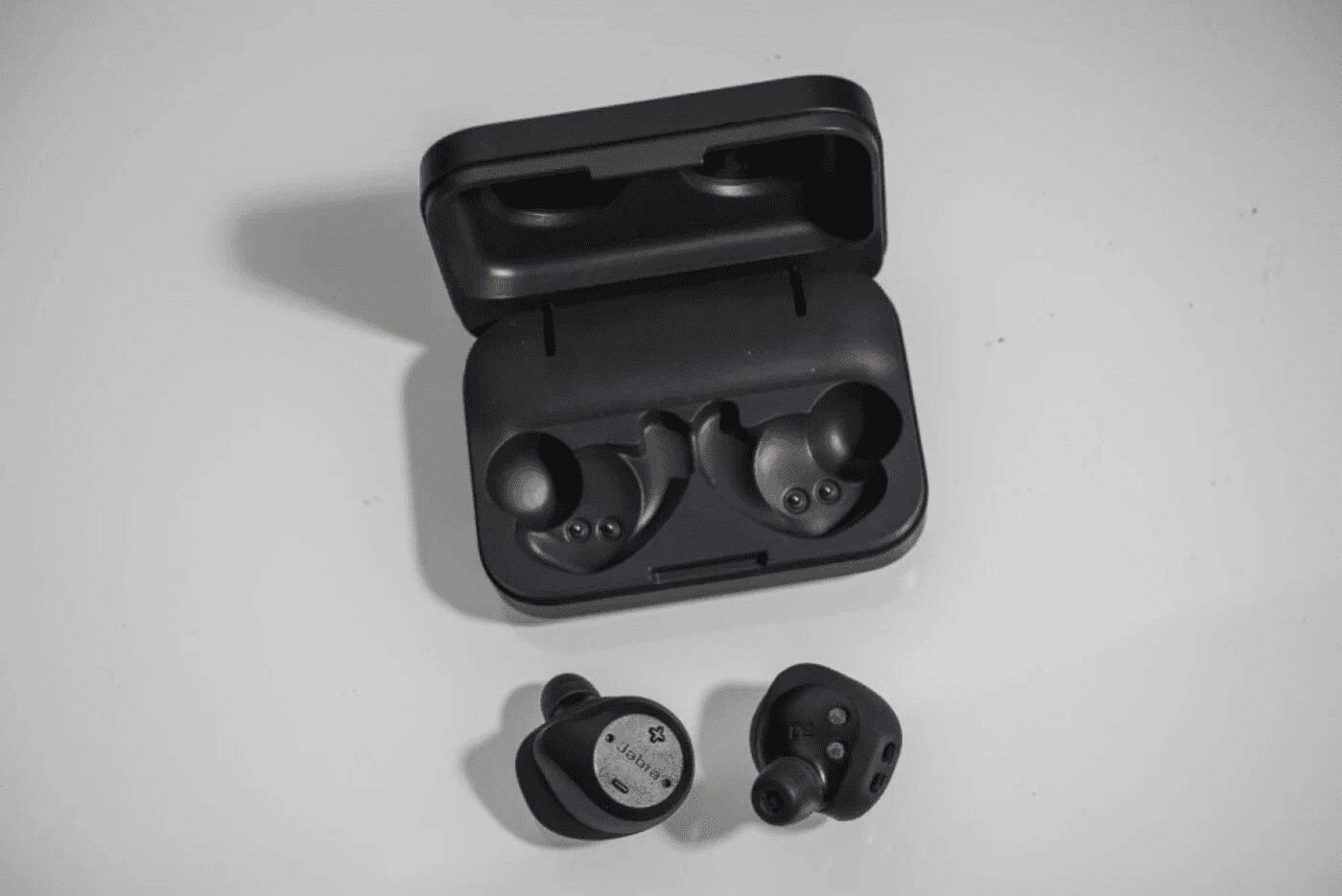
Jabra was a pioneer in the wireless earbud market, but as GN Store Nord CEO Peter Karlstromer noted, "the markets… have changed over time." Simply put, competing in such a saturated market has become too expensive.
But Jabra isn't disappearing entirely. The company will now shift its focus to OTC hearing aids, gaming, and office communication products—areas where it has a stronger foothold. However, this marks the end of Jabra’s consumer-focused audio tech.
Apple Pay Later
Apple Pay Later didn’t stick around for long. The Buy Now Pay Later (BNPL) service launched in October 2023 but was shut down less than a year later. Apple confirmed to 9to5Mac, "We will no longer offer Apple Pay Later in the U.S."
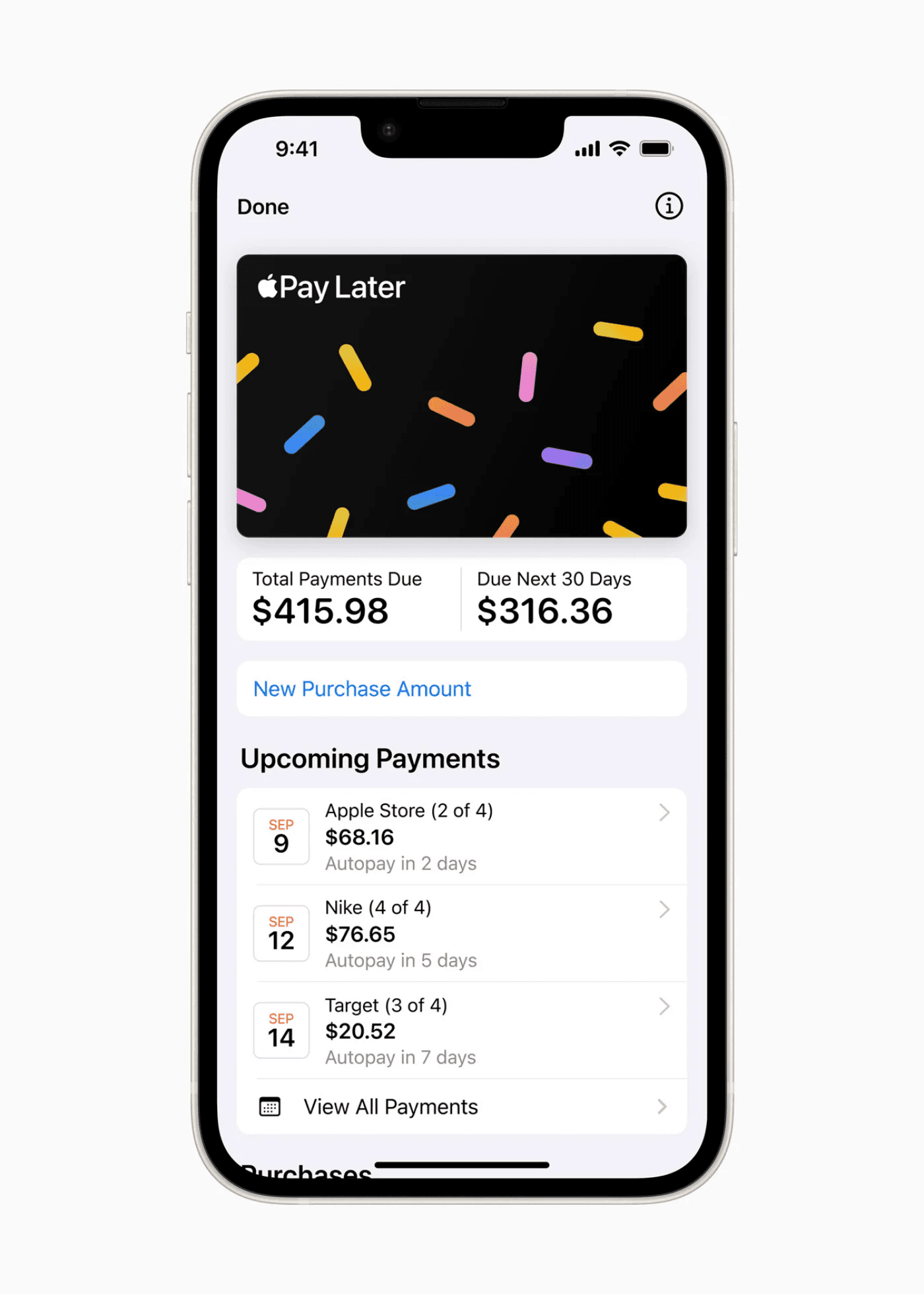
Apple Pay Later was only available in the U.S., indicating it likely failed to gain significant traction. It's probable that Apple found it more efficient to partner with third-party services to offer installment loans, rather than managing microloans directly—something they’ve now fully embraced. Instead of the self-funded Pay Later model, Apple now offers "installment loans" through banks and lenders like Affirm and Klarna.
So while Apple Pay Later is no more, its replacement essentially provides the same service for users.
Press contact
Timon Harz
oneboardhq@outlook.com
Other posts
Company
About
Blog
Careers
Press
Legal
Privacy
Terms
Security
